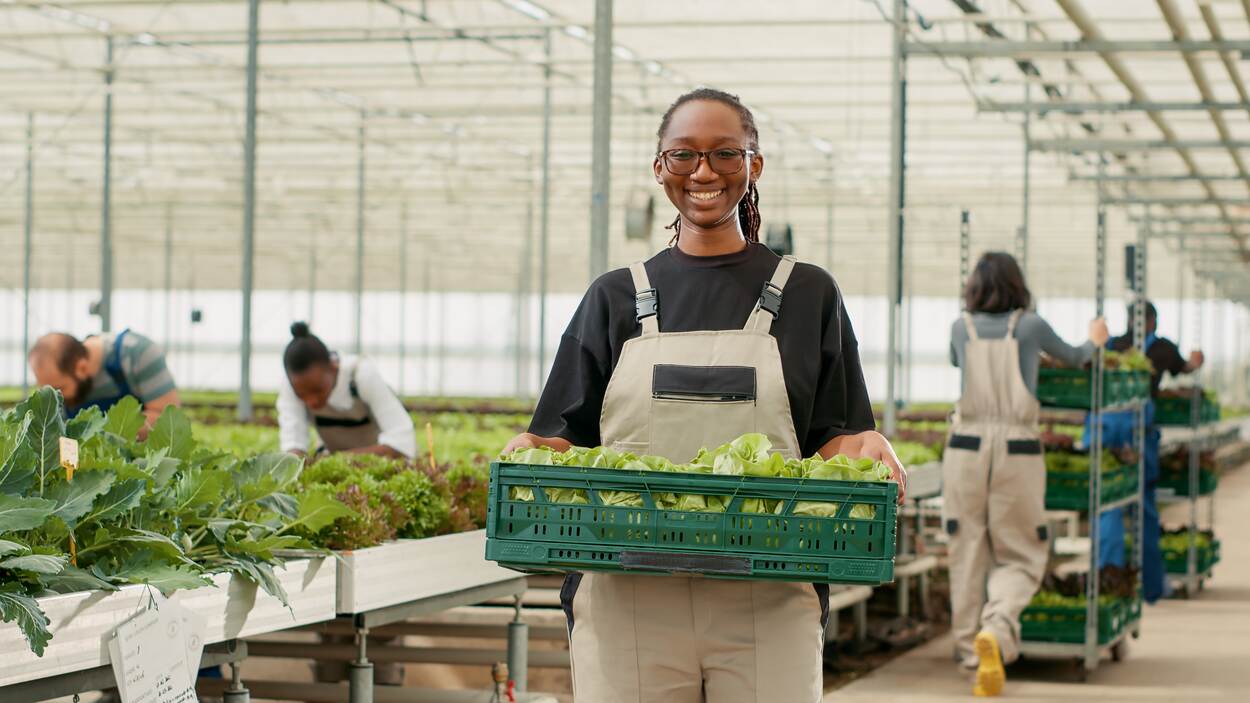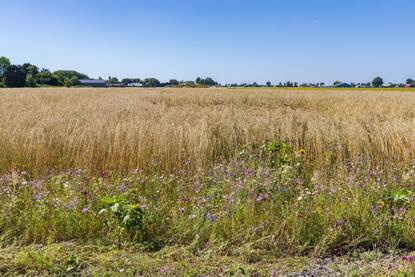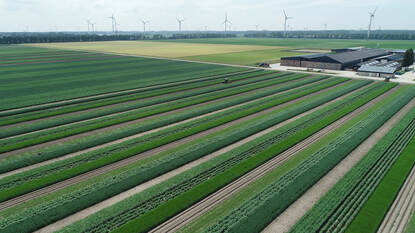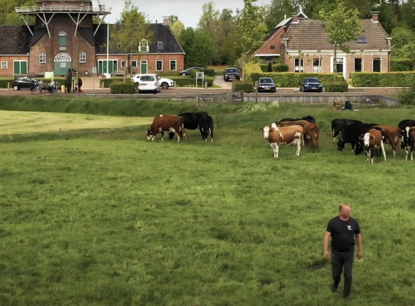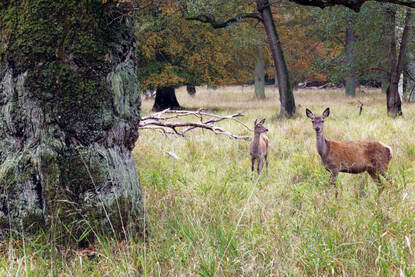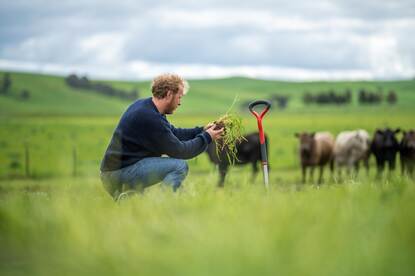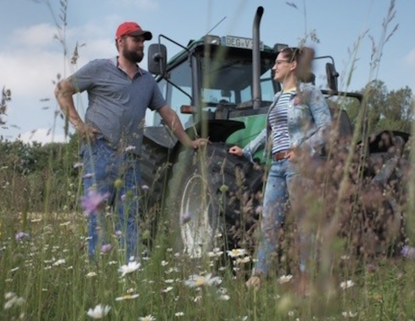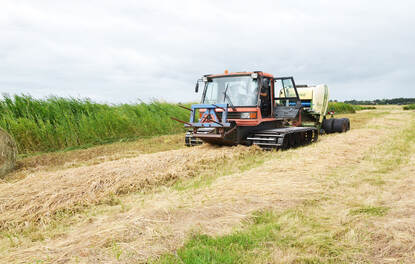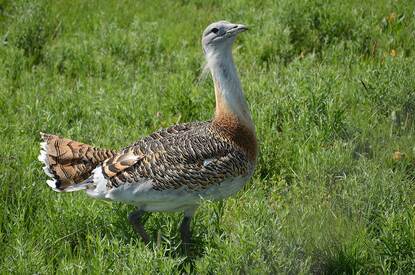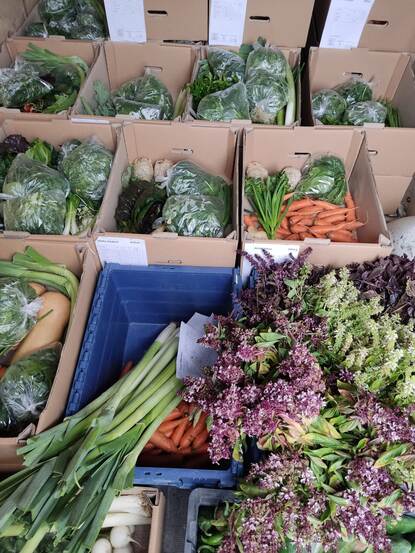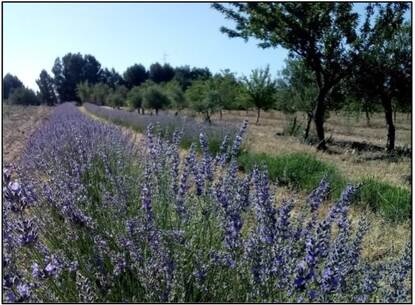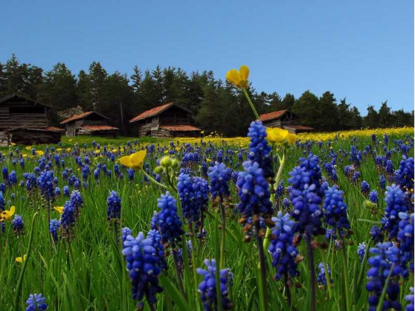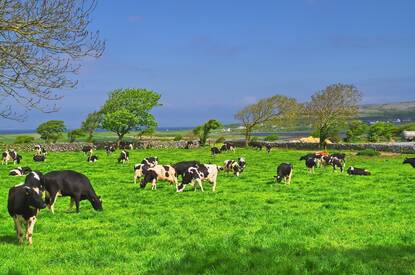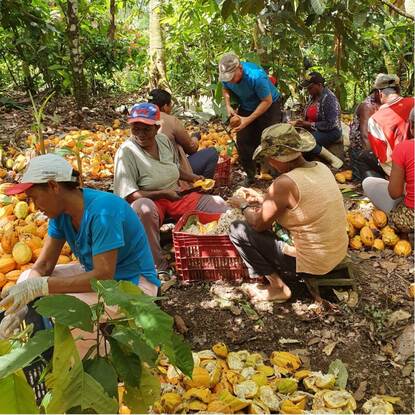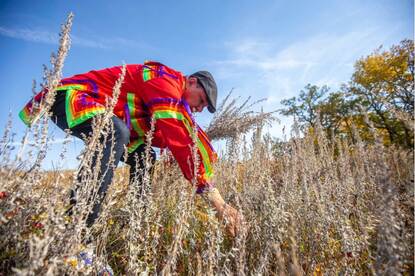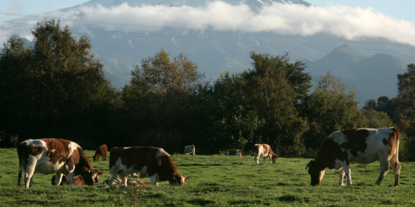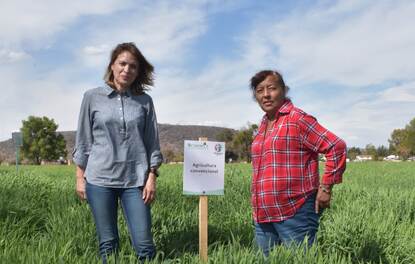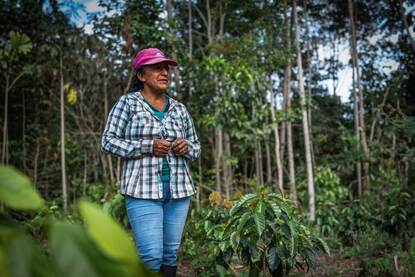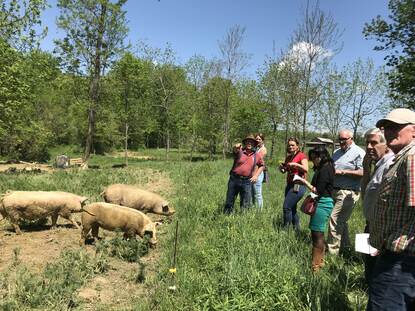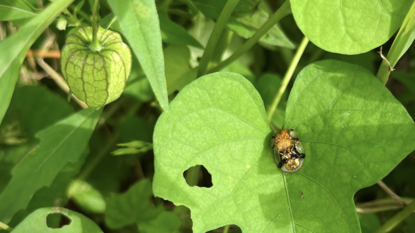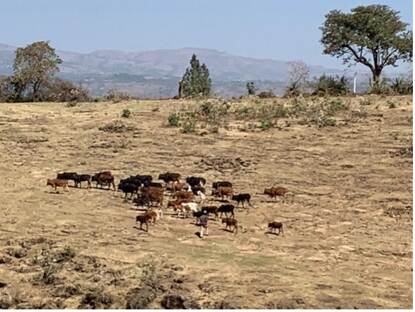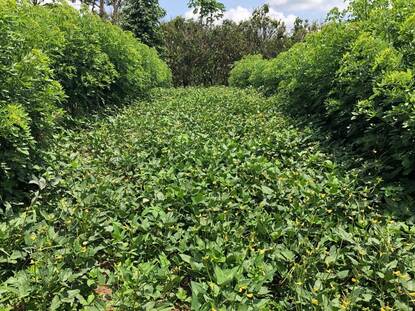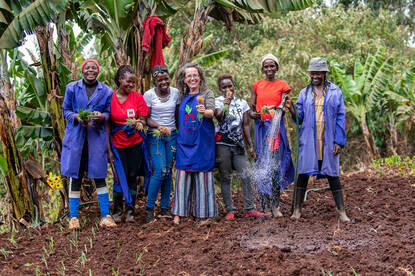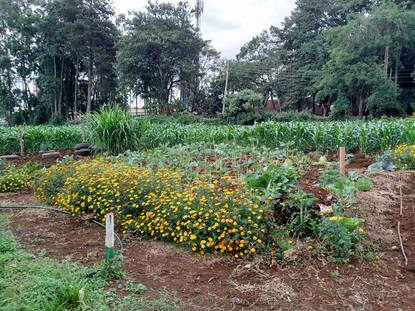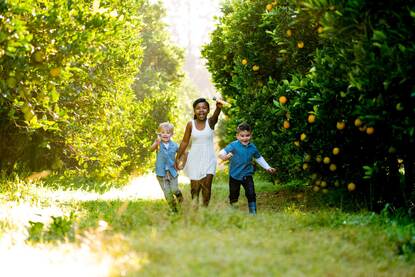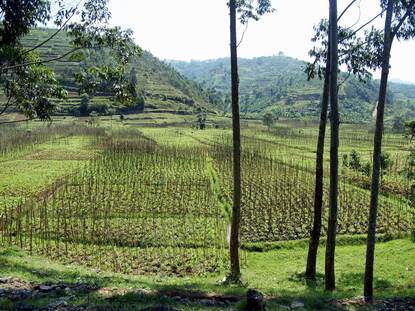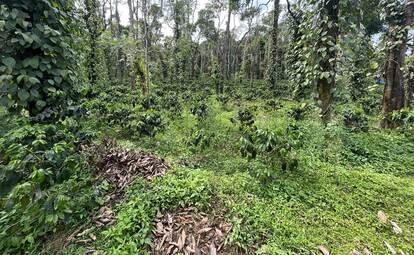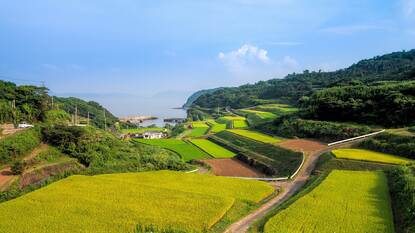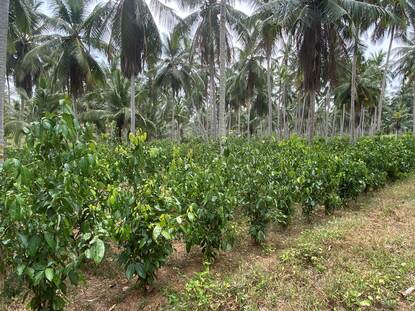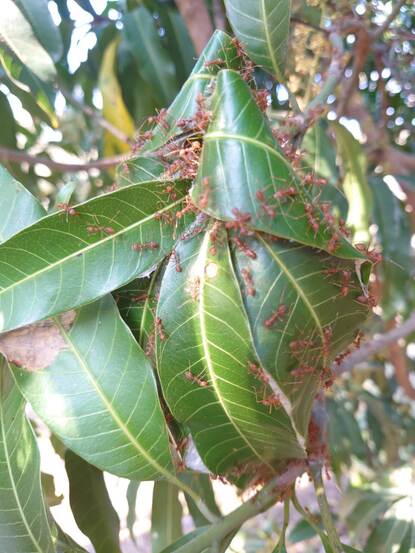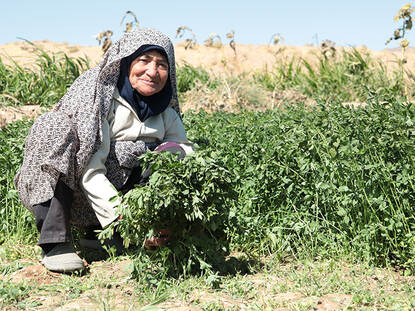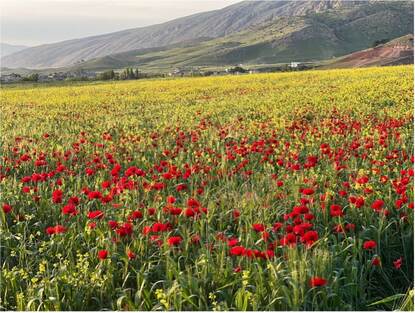Foto Shutterstock
The European Union is actively facilitating the transition towards nature-inclusive agriculture and food systems through various initiatives. These efforts are aimed at promoting sustainable agricultural practices that prioritize biodiversity and the protection of natural resources while securing food supply and a decent business case.
The Green Deal is a comprehensive strategy adopted by the European Union (EU) in 2019 to transform various sectors, including the EU's agricultural sector and food system. To accomplish this goal, the European Commission introduced the Farm to Fork Strategy and the European Biodiversity Strategy as part of the Green Deal initiative. In addition, the current Common Agricultural Policy includes measures that promote nature-inclusive farming, such as eco-schemes. This demonstrates that the transition towards nature-inclusive agriculture and food systems entails legislative proposals that bring forth opportunities (and obligations) for entrepreneurs as well.
‘It is expected that in 2024 the newly appointed European Commission will continue the current course, which has already been set in motion’
The two-fold approach of the Brussels agenda
As the EU moves towards a more nature-inclusive agricultural sector and food system, a two-fold approach is required. Firstly, it's essential to restore the state of nature and biodiversity that has been significantly impacted by past and current agricultural, infrastructural, and industrial practices. The European Biodiversity Strategy is primarily focused on this part of the transition. Secondly, measures are needed to support and assist the agricultural sector and food system in transitioning towards a nature-inclusive future, which is where the Farm to Fork Strategy comes into play.
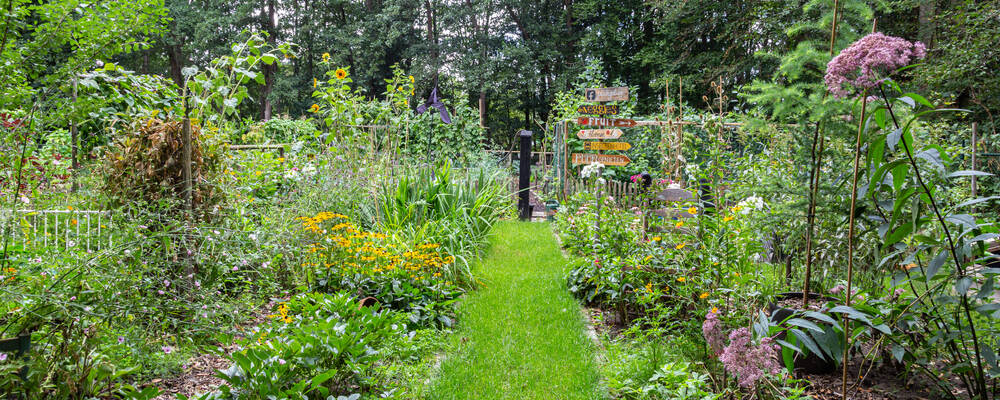
Currently under discussion in the council
Currently, the agri-fish council and environment council are dominated by legislative proposals, directives, and initiatives aimed at facilitating the transition towards a nature-inclusive future. These are some of the far-reaching proposals that are currently being discussed in the council or will be discussed soon.
Sustainable use of pesticides
The legislative proposal on the sustainable use of pesticides aims to:
- Reduce the use and risk of chemical pesticides, in particular those containing more hazardous active substances
- increase the application and enforcement of integrated pest management (IPM).
- Increase the use of less hazardous and non-chemical alternatives to chemical pesticides for pest control, by setting legally binding reduction goals (50%) to be reached by 2030. These measures will help to protect biodiversity, reduce the environmental impact of pesticide use, and promote the use of sustainable farming practices.
In particular, the promotion of integrated pest management is an important component of the proposal. This approach seeks to manage pests and diseases by integrating a range of techniques, such as crop rotation, biological control, and the use of resistant varieties. By promoting the use of integrated pest management, the proposal aims to reduce the reliance on chemical pesticides and promote more sustainable and nature-inclusive farming practices.
Nature Restoration Law
The Nature Restoration Law (NRL) sets out measures to restore and protect biodiversity, including measures that will have a direct impact on the agricultural sector. The law will contribute to nature inclusive agriculture in several ways. Most importantly, it requires the restoration and non-deterioration of restored natural habitats, such as wetlands, peatlands and wildflower meadows. These habitats provide important ecosystem services, such as pollination and pest control, that support sustainable agriculture and reduce the need for chemical inputs.
The Fisheries Action Plan: protecting and restoring marine ecosystems for sustainable and resilient fisheries
The Fisheries Action Plan is a comprehensive strategy which aims to restore and protect marine ecosystems while promoting sustainable fishing practices. Through the restoration and protection of marine habitats, the Action Plan seeks to ensure that essential ecosystem services, such as fish habitats, nutrient cycling, and carbon sequestration, are maintained. The plan also aims to address the challenges posed by climate change and overfishing, which have significantly impacted marine ecosystems and threaten the long-term sustainability of fisheries.
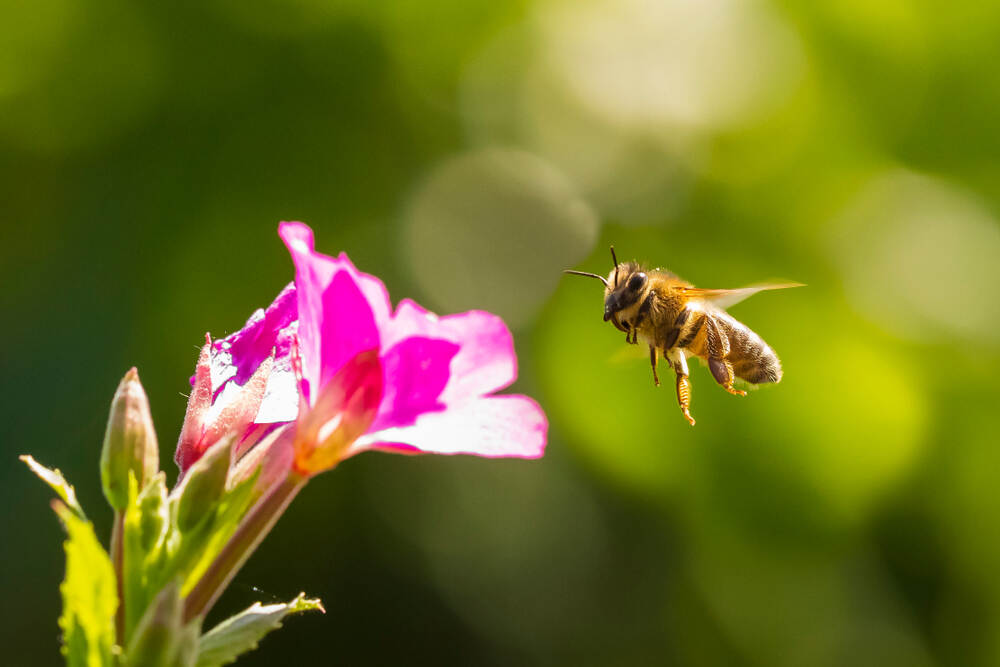
What is coming next?
In addition to these proposals and strategies, the following will be discussed in the council in the near future.
Soil Health Law
The upcoming Soil Health Law (SHL) of the EU, set to be presented by the Commission in June 2023, is a significant initiative towards promoting a nature-inclusive agricultural system. Its objective is to safeguard and improve soil health, which is crucial for sustainable agricultural practices, the delivery of ecosystem services, and the resilience of the food system. To achieve this, the law establishes mandatory minimum requirements for soil management, including the safeguarding of soil structure, organic matter content, and biological diversity. By promoting sustainable agricultural practices such as conservation tillage, cover cropping, and agroforestry, these requirements can enhance soil health, reduce soil erosion, and improve water and nutrient retention.
Framework on Sustainable Food Systems
In September 2023, the European Commission plans to launch the Framework on Sustainable Food Systems, which will offer a comprehensive and holistic approach to promoting sustainable and resilient food systems. The framework emphasizes the need to integrate environmental, social, and economic considerations in food systems, prioritizing the protection and restoration of biodiversity and ecosystems, while ensuring food security, reducing waste, and promoting healthy diets. Furthermore, the framework provides a roadmap on how to achieve a sustainable and nature-inclusive food system, outlining the key actions and policy priorities needed to for the transition.
These actions include promoting sustainable production and consumption practices, reducing food waste and losses, strengthening food governance and policy frameworks. Moreover, the framework recognizes the critical role of small-scale farmers, local food systems, and traditional knowledge in achieving a more sustainable and nature-inclusive food system. It underlines the need to support and empower these actors to promote sustainable and nature-inclusive food production and consumption practices.
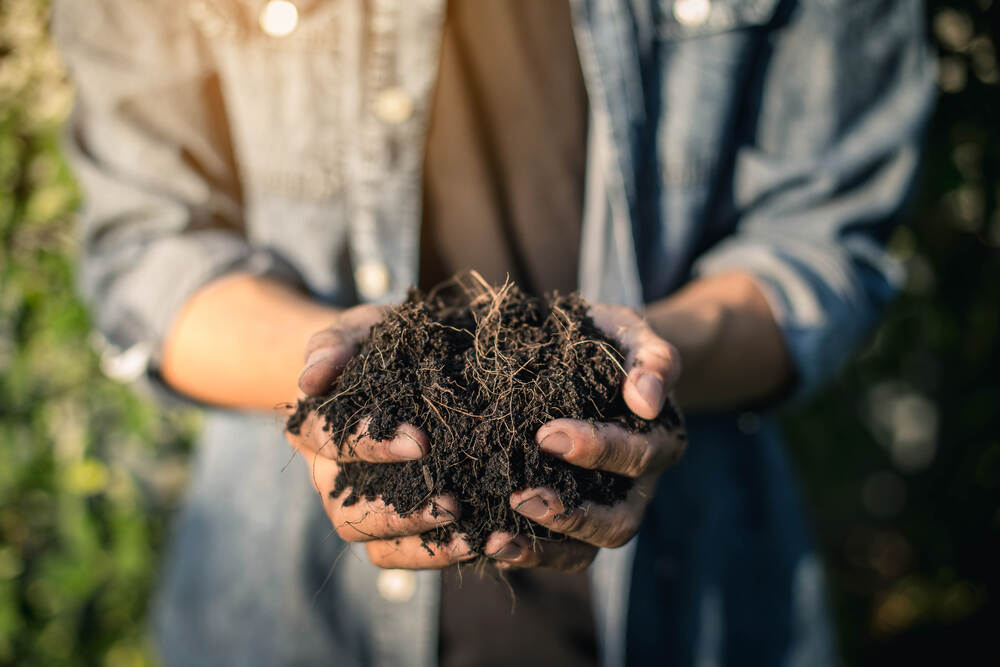
Numerous more initiatives (to come)
In conclusion, the EU is actively facilitating the transition towards nature-inclusive agriculture and food systems through various legislative initiatives and directives coming from the Farm to Fork Strategy and European Biodiversity Strategy. It is important to note, however, that the legislative proposals as discussed above are only a small selection of the initiatives the EU is undertaking in this area. It is expected that in 2024 the newly appointed European Commission will continue the current course, which has already been set in motion. Highlighting the EU's commitment to promoting a sustainable and nature-inclusive food system, there are plenty more EU initiatives and legislative proposals contributing to the transition towards a nature inclusive agricultural sector and food system for the decades to come.
Contact
Would you like to know more about the work of the agricultural team of the Permanent Representation of the Netherlands at the European Union in Brussels? You can contact them at bre-lnv@minbuza.nl.
